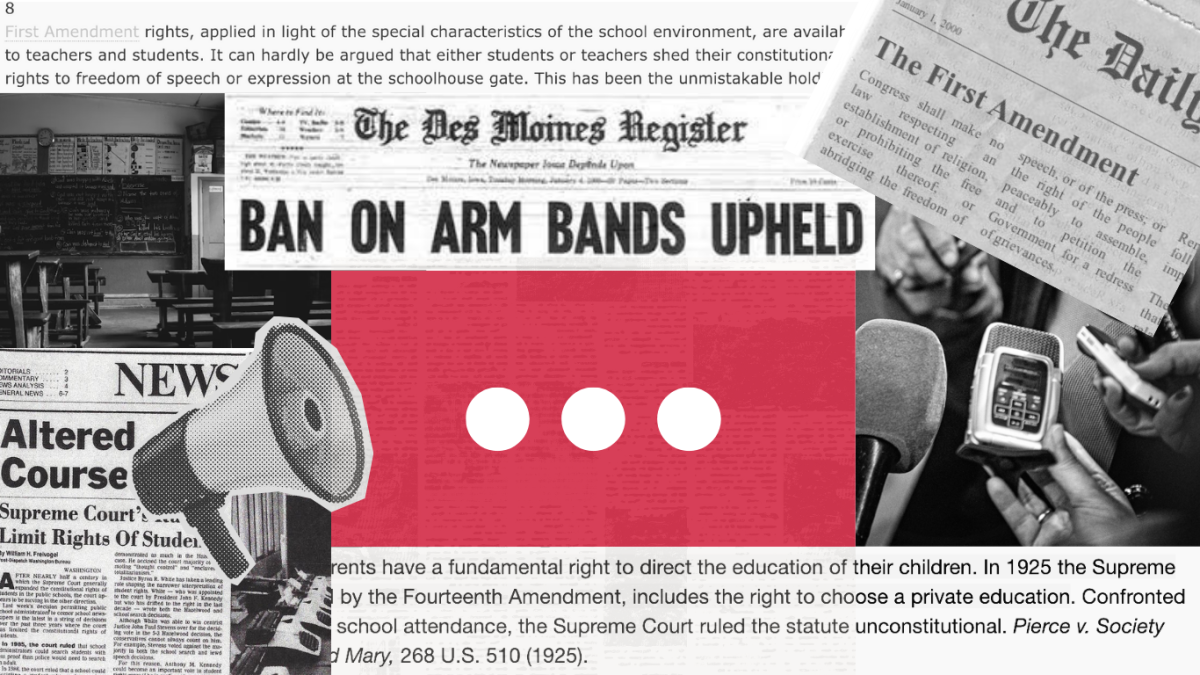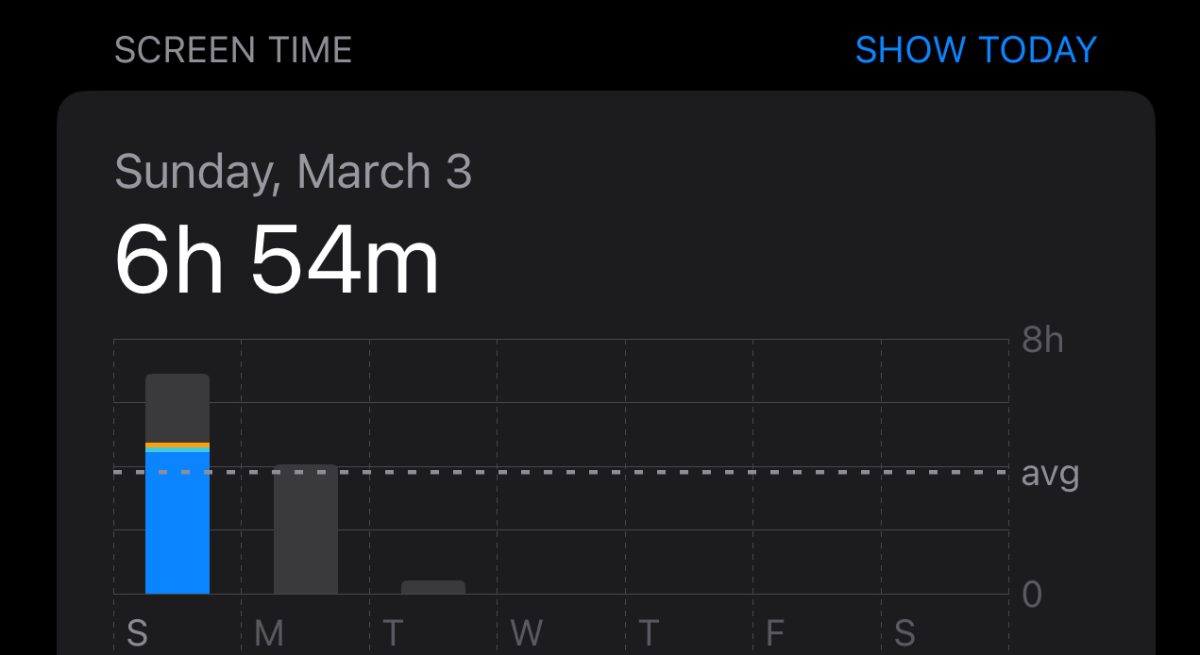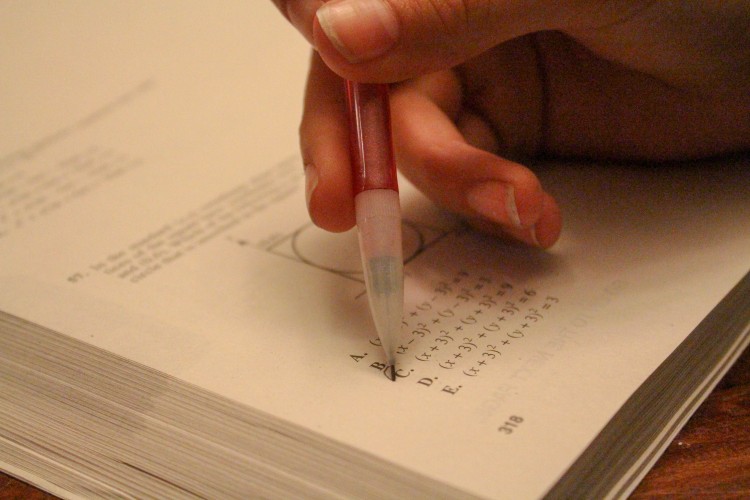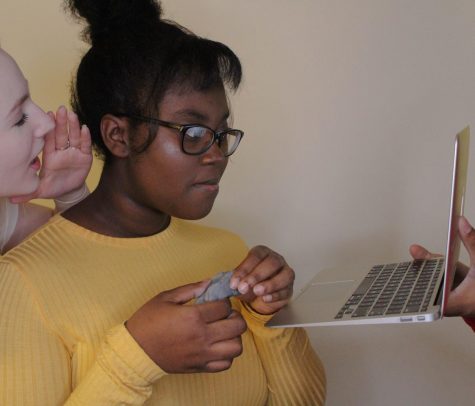SAT changes will fail to remedy inherent flaws
For the first time since 2005, the SAT will undergo significant changes to its assessments of prospective college students. These changes are intended to better evaluate high school students, hopefully giving colleges a more accurate depiction of a student’s capabilities.
After admitting that “less than half of the students who take the SAT are college ready,” the College Board announced that the SAT will undergo major changes for the first time since 2005. With this change, the College Board seeks to push students toward better college preparation and encourage a focus on coursework in the classroom rather than just test-taking skills.
But will anything really change? No matter how the test is altered, doing away with standardized tests as a part of the admissions process altogether remains a viable option. This alternative obviously will be fought by immensly expensive test prep programs that have made lots of money by preying on students’ obsession with getting into their top choice.
The problem isn’t that the test doesn’t effectively examine our abilities; it is that our abilities are reduced to a simple number. No matter how subjective the test is, the score is what matters to colleges, therefore, the score is what matters to students. If simply getting admitted to college is the goal, unreliable testing makes sense. However, our goal should be finding success in college, and standardized testing does nothing to help this objective.
The College Board plans to toss out obscure vocabulary in favor of identifying words one might encounter contextually in daily life. This will allow students to stop uselessly memorizing words they will only need to know in the three hours and forty-five minutes allotted to take the test. Secondly, there will be no penalty for wrong answers ––unfortunately, this method of testing makes the SAT more of a test-taking skill rather than a life skill.
With this change, students can take their best shot at a correct answer without second-guessing themselves about whether it is a good enough best answer to risk a penalty. This only reinforces the idea that one does not need to fully comprehend the questions to pass the test. Standardized test scores aren’t the best predictors of college achievement. Instead, the level and success in high school courses is what really shows a student’s dedication to the classroom.
Acknowledging this point, John Powell, director of admission at The Citadel notes in an interview with ABC, “The choice of courses, the rigor of the courses and how well a student does in those courses is actually the single largest predictor of academic success at the college level.” However, these tests have become the picture of achievement and the path to admittance to a top college.
Not only this, but families waste money on test prep. Researchers estimate that $2.5 billion per year is spent on such tutoring, and at the same time, acknowledge that any benefits are modest––maybe a one point increase on the ACT and a 30 point increase on the SAT.
And how are students benefitting from these tutors? The sessions are taken by a student specifically to pass a test, not to better understand the test. In these sessions students are taught to use time efficiently, memorize equations, and recognize common trick questions.
In addition, students waste time on the tests. BSM counselors encourage students to take the test multiple times. One would be hard-pressed to find a student applying to college with the first score they earned. According to ACT, 57 percent of students who graduated in 2013 increased their ACT composite when they took it more than once. Logically, to achieve more, a student must determine whether he or she performs better on the SAT or ACT. So, if that student has to take each one at least once to figure that out––and conventional wisdom says that most students can keep increasing their score if they take the test up to 3 times––that’s how many Saturdays?
As BSM students, we pay thousands of dollars a year to attend a college preparatory school. In addition to this, we are expected to spend more money on ACT and SAT prep to increase our scores. It’s no wonder that the SAT is seen simply as a test to be taken, a score to be “earned,” a videogame for which we pay to find cheat codes. We’re just desperately searching for a high score. No change to the SAT will change the ultimate goal of the test from the perspective of a student. New changes will mean new tricks, not a test aligned more with courses.
In any case, the new test will be given in the spring of 2016 with three sections: Evidence-Based Reading and Writing, Math, and the Essay, which will be optional like the ACT, but no matter how many changes the College Board makes to the ACT or SAT, the tests will always have dire flaws that keep students from reaching their full potential.

















































